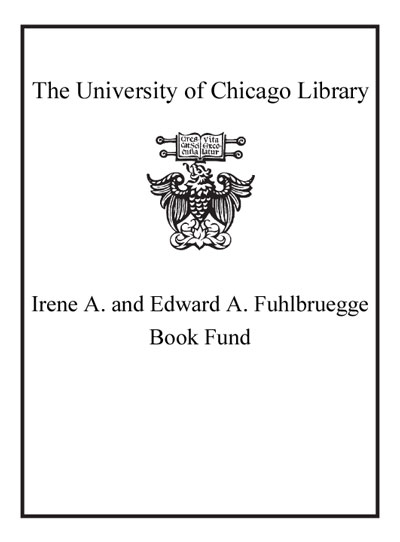Review by Choice Review
This is a significant contribution to the ongoing national debate on immigration, as well as to the spate of recent critical inquiries by leading social scientists such as Portes, Borjas, and Jencks into the economic well-being and integration of low-skilled Mexican immigrants into US society. In this data-packed monograph, Perlman (economics, Bard College) sets out both to test those theories (such as Portes's "segmented assimilation" hypothesis) and to propose his own answers to this nagging question. His novel approach compares ethnic European immigrants (notably Italians and Poles) largely confined to low-skilled, low-wage jobs a century ago, with their contemporary counterparts, the post-1965 Mexican immigrants. Perlman analyzes data gleaned primarily from the censuses from 1910 to 2000 on wage gap with white Americans and educational attainment for the second or US-born generation of these two immigrant groups, always mindful of the significant changes in historical and environment contexts over time and on the differential impact of race on whites and Hispanics. The author concludes that Mexican immigrants and their US-born descendants are indeed experiencing upward social mobility, but at a slower pace than the earlier ethnic Europeans, and he strongly suggests brighter prospects for Mexican American families than for African Americans. ^BSumming Up: Highly recommended. Most levels/libraries. E. Hu-DeHart Brown University
Copyright American Library Association, used with permission.
Review by Choice Review

